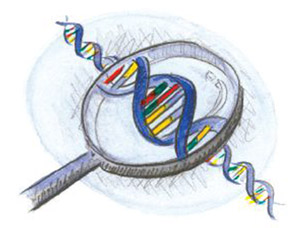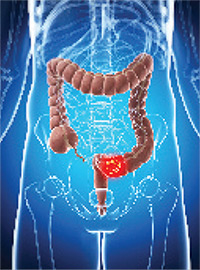Using PHI to Reduce Unnecessary Biopsies
Dr. Catalona and other researchers investigated whether the Prostate Health Index (phi) test improved specificity for detecting clinically significant prostate cancer to help reduce prostate cancer overdiagnosis. The team compared the performance of PSA, percent-free PSA, [-2]proPSA and phi in…










